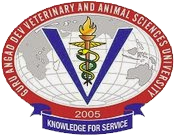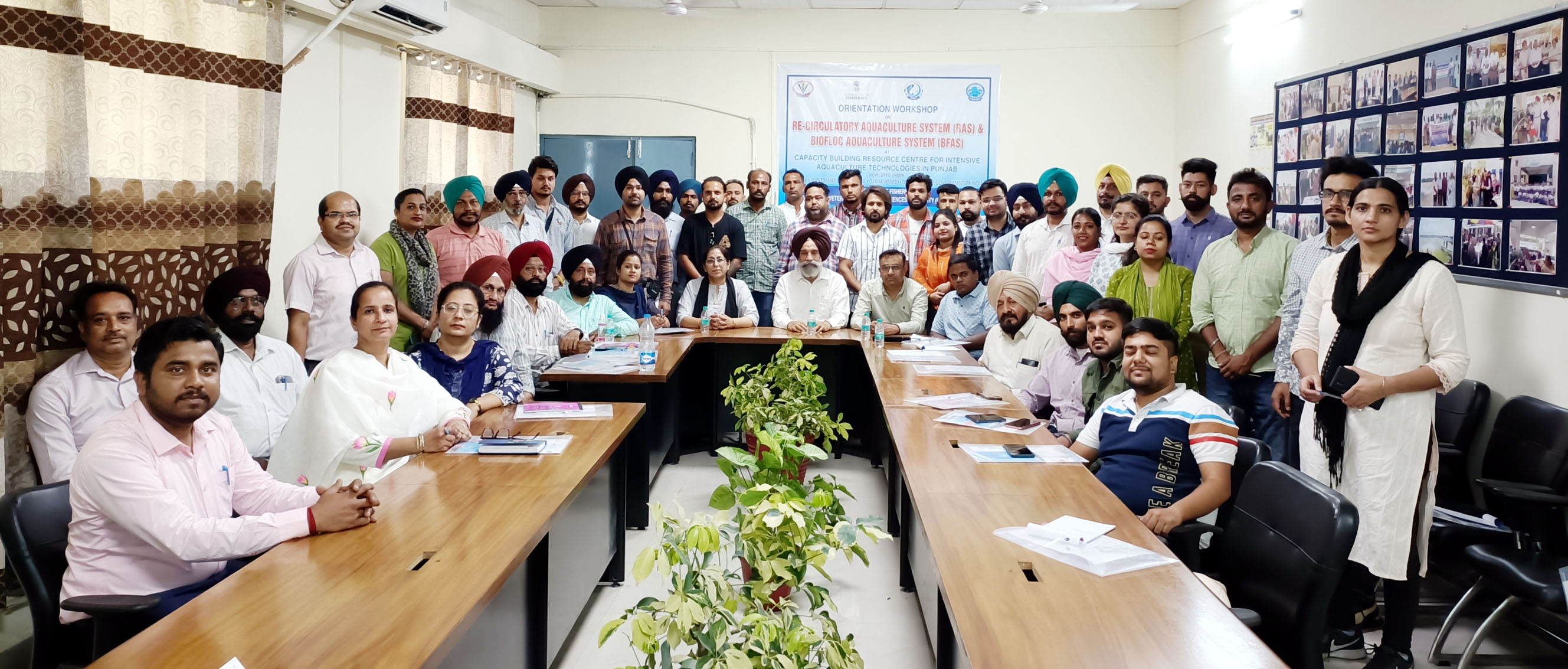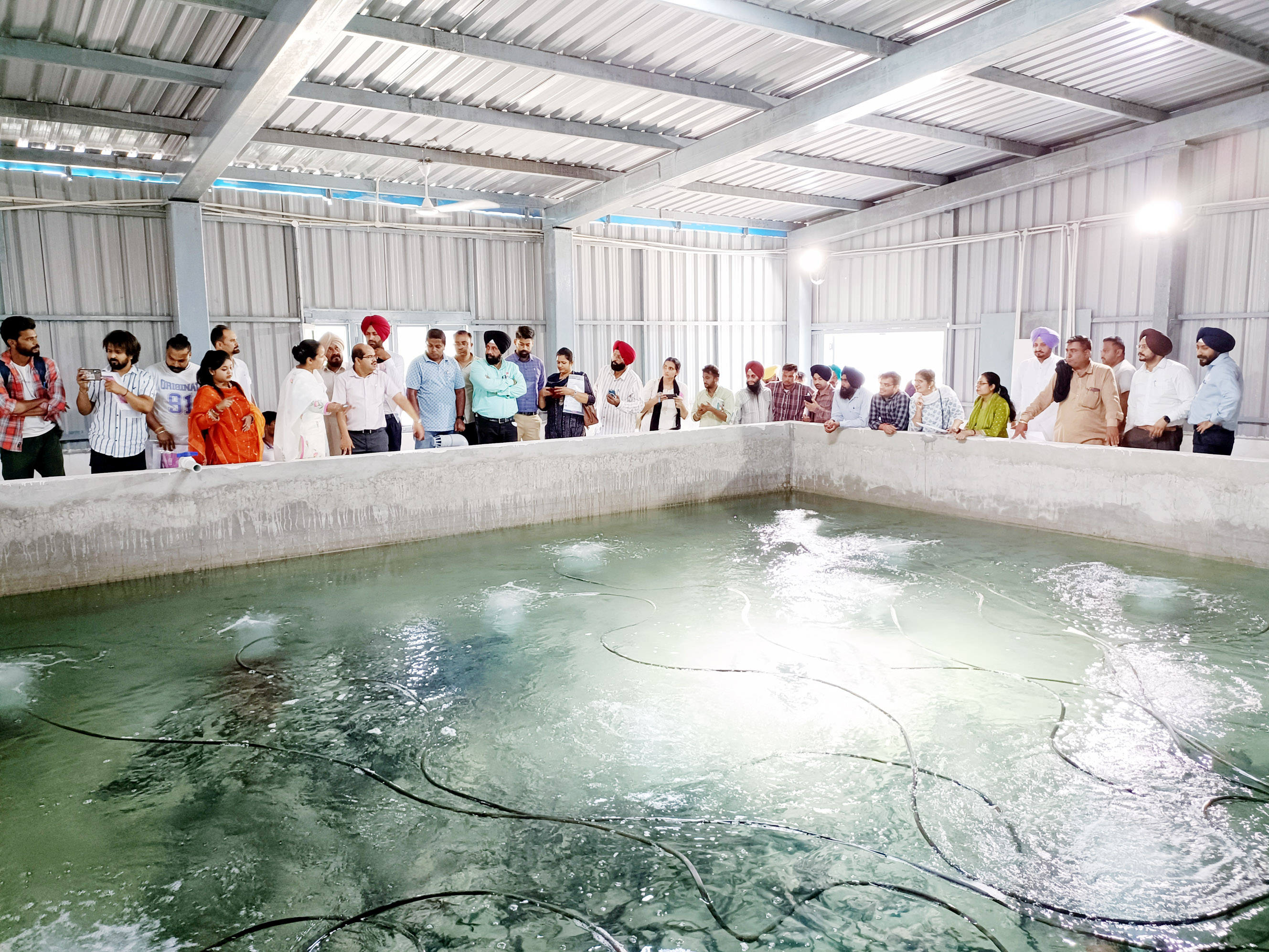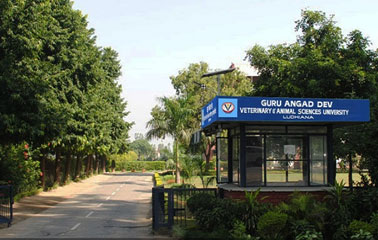

An orientation workshop on intensive aquaculture technologies i.e., recirculatory aquaculture system (RAS) and Biofloc based
Dr. Meera D. Ansal, Dean COF informed that intensive aquaculture systems like RAS and BFA gained popularity among progressive farmers/youth of Punjab in the recent past. She apprised that a ‘Capacity Building Resource Centre for Intensive Aquaculture Technologies’ has been established at GADVASU under Pradhan Mantri Matsya Sampada Yojana (PMMSY) of DOF, Government of India to cater the  training needs of stakeholders of the region. As compared to the traditional outdoor pond aquaculture systems, water and land requirement for these indoor intensive culture systems is only 10-15%; effluent discharge is minimized; and productivity could be enhanced up to 20 times under climatic conditions of the state, she added. These technologies offer a prospective solution to meet the future demand of food production for the increasing population under the challenges of depleting resources and unforeseen unexpected climatic changes owing to global warming, said Dr. Ansal.
training needs of stakeholders of the region. As compared to the traditional outdoor pond aquaculture systems, water and land requirement for these indoor intensive culture systems is only 10-15%; effluent discharge is minimized; and productivity could be enhanced up to 20 times under climatic conditions of the state, she added. These technologies offer a prospective solution to meet the future demand of food production for the increasing population under the challenges of depleting resources and unforeseen unexpected climatic changes owing to global warming, said Dr. Ansal.
Dr. Vaneet Inder Kaur, Principal Scientist (Fisheries) and coordinator informed that technical sessions with practical demonstration on RAS and BFA were conducted by Dr. S. N. Datta and Dr. Amit Mandal, respectively. She said that regular workshops/training programs will be conducted for successful replication of these new technologies as per climatic conditions and availability of suitable fish species, through an integrated approach.
Dr. Parkash Singh Brar, Director Extension Education, GADVASU highlighted the futuristic role of intensive aquaculture systems in food security and emphasized that proper training for capacity building is essentially required for successful adoption of such High cost- Hi-Tech systems for optimal economic returns in a sustainable and responsible manner.
